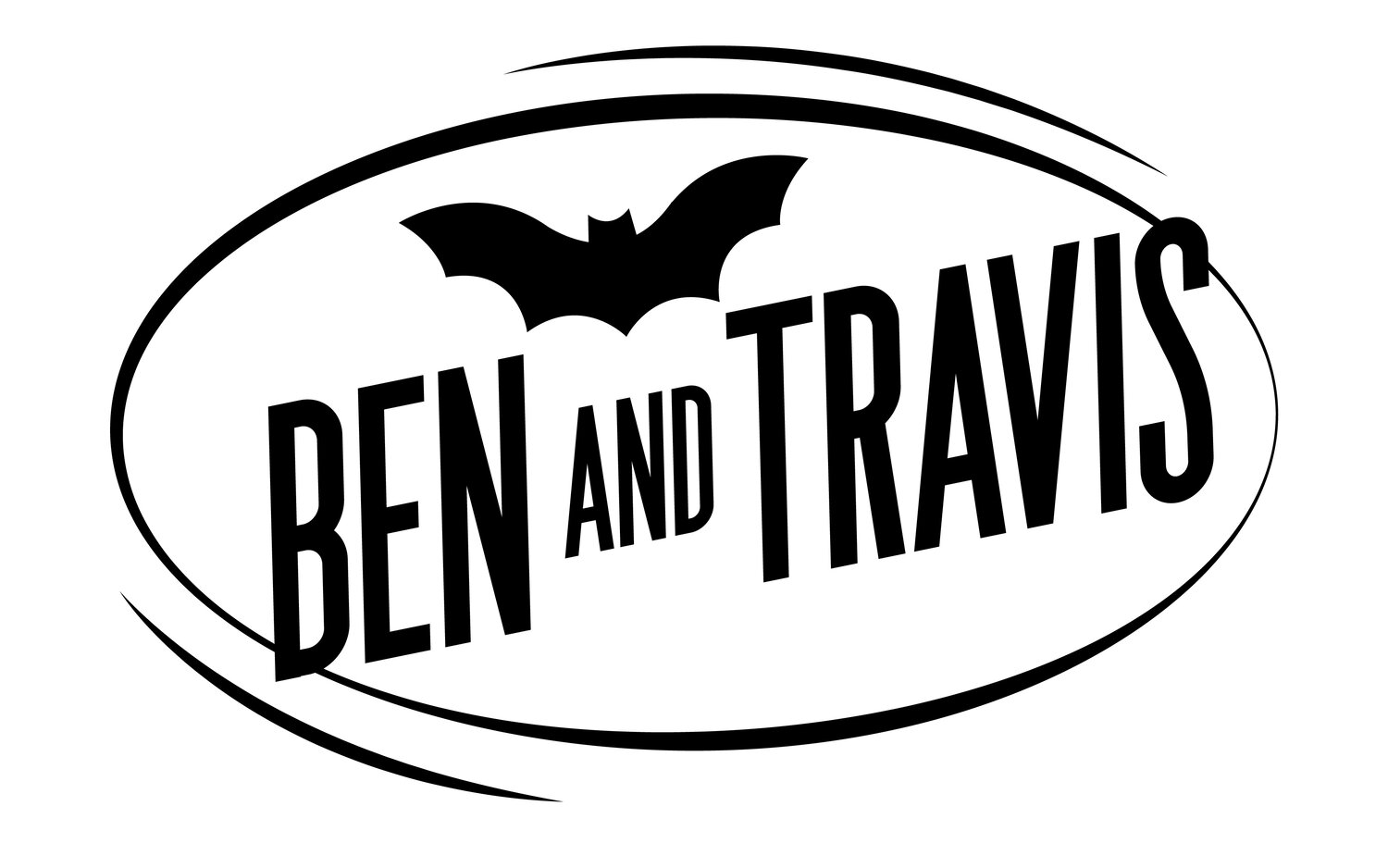Grandpa, Tell Me Bout the Good Ole Days
As I was looking through my older photos I found one that always makes me smile. A couple of years ago I went to the hunting club with my dad and my father-in-law, Philip. On that particular day I also brought along Cyprus to “help” us plant the fields and prepare for hunting season. In the picture Cyprus is sitting on a 4-wheeler in his overalls, a red long-sleeve shirt, and a black ball cap. He is looking back at dad and Philip as they look toward him. I couldn’t help but think of the lyrics to the old Judds’ song: “Grandpa, tell me bout the good ole days.”
The Judds ask such questions as, “Did families really bow their heads to pray?” and “was a promise really something people kept, not just something they would say and then forget?” In every generation there has been the concept of “the good ole days” when times were easier and simpler. We each remember the better parts of the days of our youth and longingly wish that our kids could understand that time. I wish my kids knew what it was like before cell phones and tablets. My parents wished for me to understand life before the television.
However, as I reflect about those “simpler times” I realize that the world I wanted them to understand had its scary moments too. Travis and I fought the Russians in our backyard every time we had an opportunity. I had never been personally slighted by any Russians but I came along pretty soon after the Cuban Missile Crisis and the movie Rocky. Russians, in my mind, were the bad guys. My parents were raised to pinch and save — not just because it was harder to make a living but because their parents had lived through the Great Depression. I don’t know about you, but Depression and Crisis don’t seem to be synonyms for “good ole days.”
Here is where I bring math into the story in the form of an equation: If A is what happens to me and C is how my day or my life turns out, it is important to understand that A does not equal C. Rather I must insert B into the equation so it looks like this: A+B=C. So, what is B? The letter B stands for my interpretation and perception of said events. So it should look like this:
(A) What happens to me + (B) My perception of what happens to me = (C) My day, my life, etc.
So maybe the good ole days weren’t actually all that good in every way. What we choose to remember and how we choose to perceive those days results in our thoughts about them. There were good people in the Bible. There were plenty of wicked ones too. There were good people in the 30’s, 40’s, 50’s, 60’s, 70’s, 80’s, 90’s, 00’s, and 10’s. There were some pretty wicked people during all those times as well. There were good times and there were bad times.
Kids are resilient. We played like we were fighting the Russians as a way of dealing with our fears. Some people believe the song “Ring Around the Rosie” started during the bubonic plague, while others believe the song existed before the plague. It is possible, however, that some lyrics may have been adapted by kids during the outbreak as they dealt with the reality of the black death. The last line is “we all fall down” meaning “we all die.” My kids have played “COVID” at school as they run around tagging one another. We say, that’s creepy and strange, but every generation has done it. And every generation comes out talking about “the good ole days.”
So here is the point: Where are the good ole days? They are right in front of you. Even amid the sorrow and struggles of life. The good ole days are now. They are at the table with your family. They are in the yard with your kids. They are at the game with your friends. These are the good ole days of somebody. Why not let it be your good ole days?
Ben
